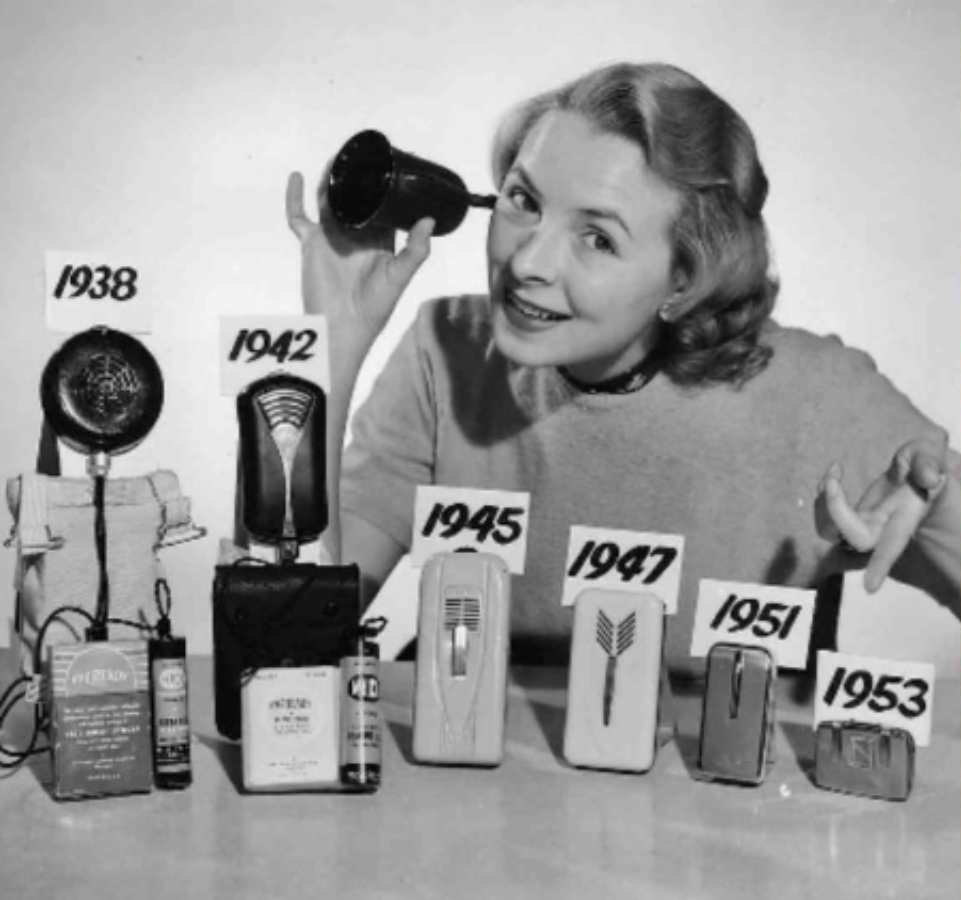Let’s take a deep dive into some lesser-known facts about hearing loss.

There are many common assumptions about hearing loss, but what are some of the less common facts to know? Learning about uncommon facts can help bolster your overall knowledge about hearing loss. In this blog, we’ve gathered some lesser-known facts from reliable sources to share with you.
Tinnitus is More Common Than You May Think
According to the NCDCD, roughly 10% of the US population has experienced tinnitus in the last year for at least 5 minutes. Tinnitus is the perception of sound that does not have an external source, so other people cannot hear it. It is often associated with hearing loss and can feel like a ringing, roaring, or rushing sound in the ears. If you have questions about tinnitus, talk to your doctor or audiologist.
Age and Gender Play a Role in Hearing Loss
In this article by the NCDCD, age is the largest predictor of hearing loss, with instances increasing in the 20-69 age range, and peaking in the 60-69 year age group. And, within that, men are more likely to have hearing loss in the 20-69 age range than women. It’s important to protect your hearing throughout your life, and if you notice hearing loss, speak with an audiologist who can work with you to create a plan.
Noise is the Top Cause of Hearing Loss
In this article by the CDC, noise is cited as the top cause of hearing loss in older adults. Lawn equipment, occupational noises like from construction sites, concerts, fireworks, sporting events and more all account for noise damage that can injure your ears and lead to hearing loss. Learn ways to protect your hearing from damaging noises.
There Are Different Types of Hearing Loss
Noise-induced hearing loss is most widespread, but there are other types of hearing loss as well. There are four distinct types of hearing loss; conductive, sensorineural, mixed, and auditory neuropathy. Take a look at this CDC article to learn more about the different types and classifications of hearing loss.
Hearing Loss Can Affect the Brain
Some studies show a connection between cognitive decline and hearing loss in people who do not seek treatment. In part, untreated hearing loss may interfere with social connections, which are known to boost brain health and emotional well-being. Working with an audiologist can help you implement assistive listening devices like hearing aids or captioned telephones that can help you interact with the world and further support your overall health.
It’s important to gather resources on your hearing health so you can make informed decisions and learn about hearing loss and related topics. These are just a few lesser-known hearing-related facts, but there are many more. Consider researching additional information through credible resources, like the CDC, NIH, HLAA, or ASHA websites, to learn about events, breakthroughs, or new facts and statistics. As always, talk with your audiologist about any questions you may have. For more hearing loss blogs, visit the CapTel site.


